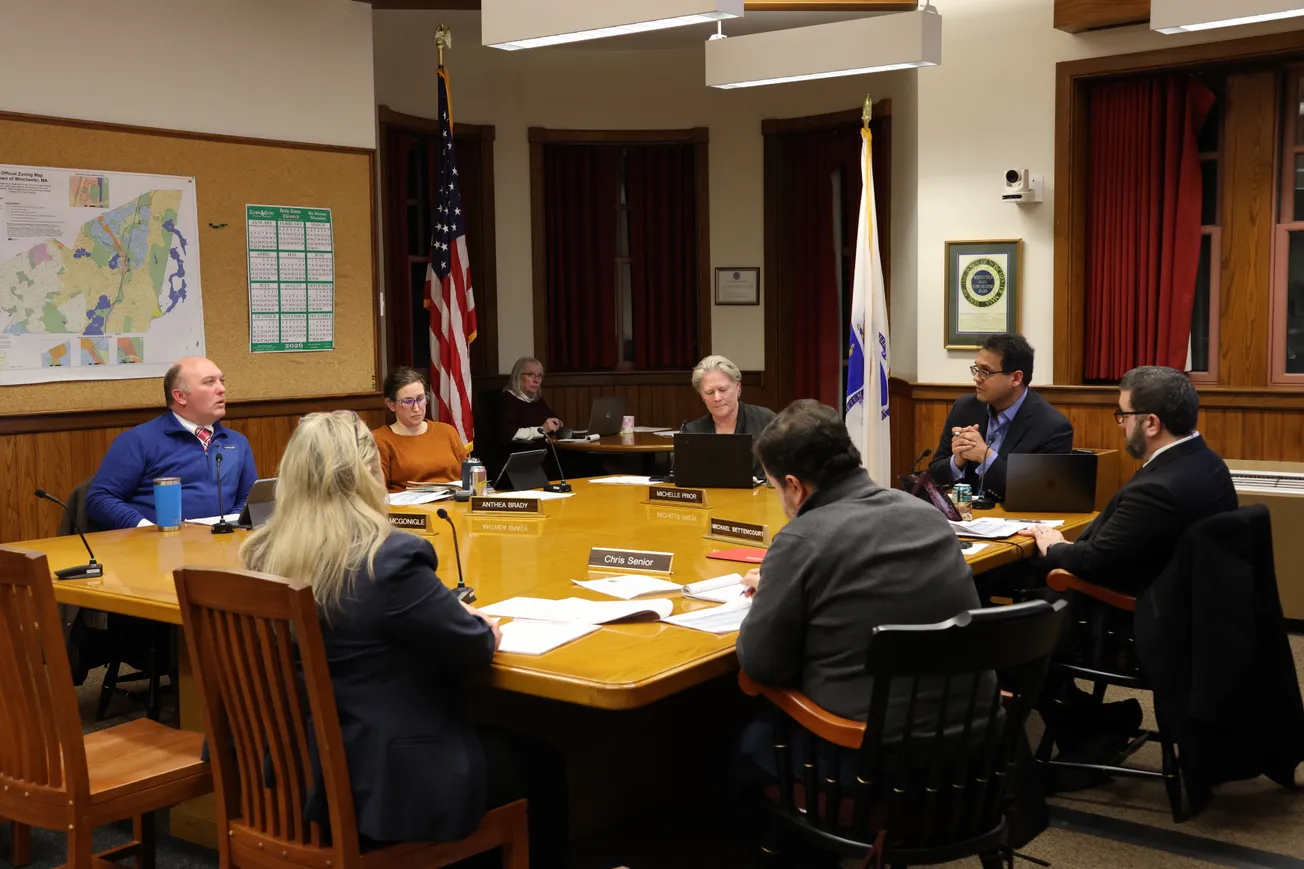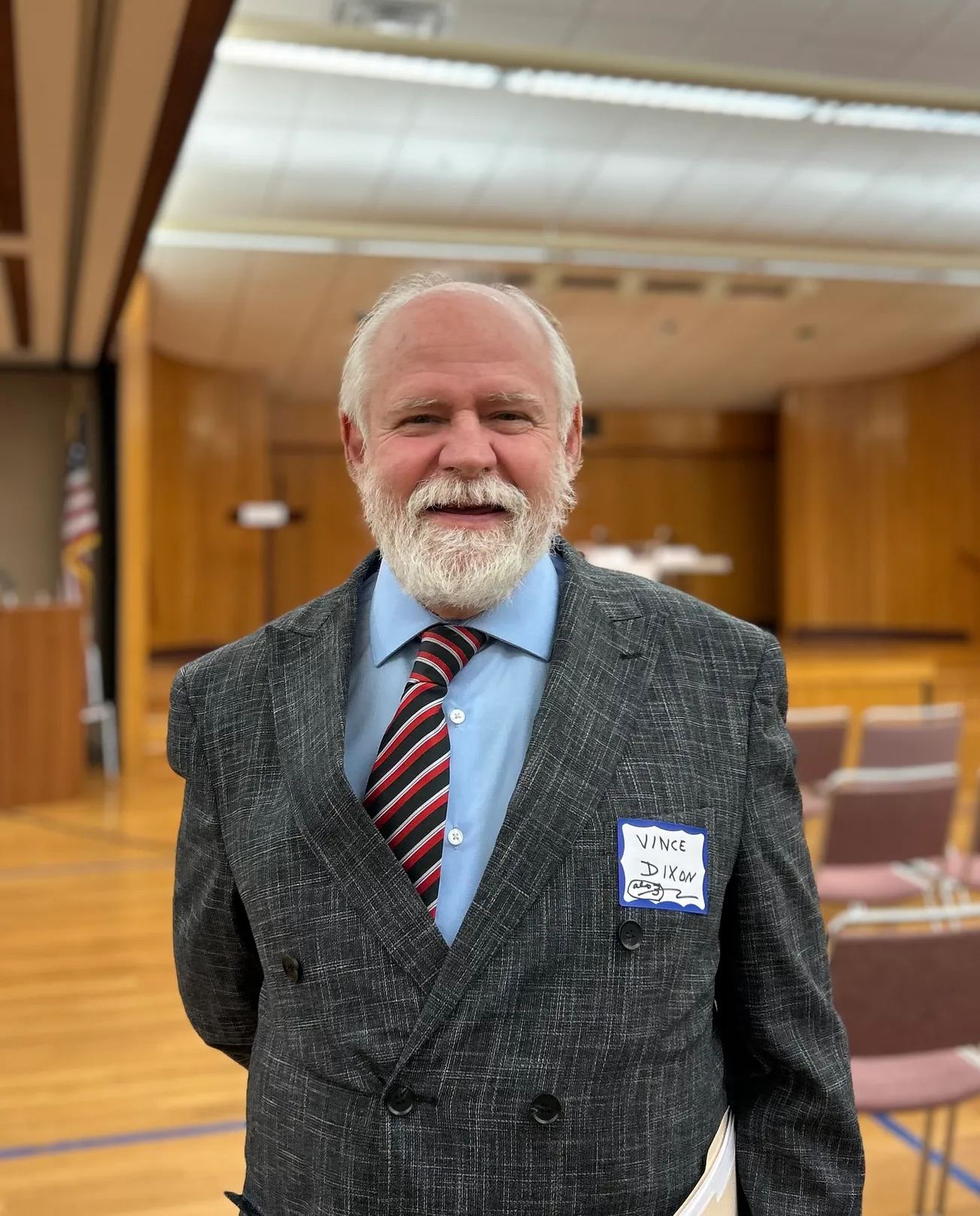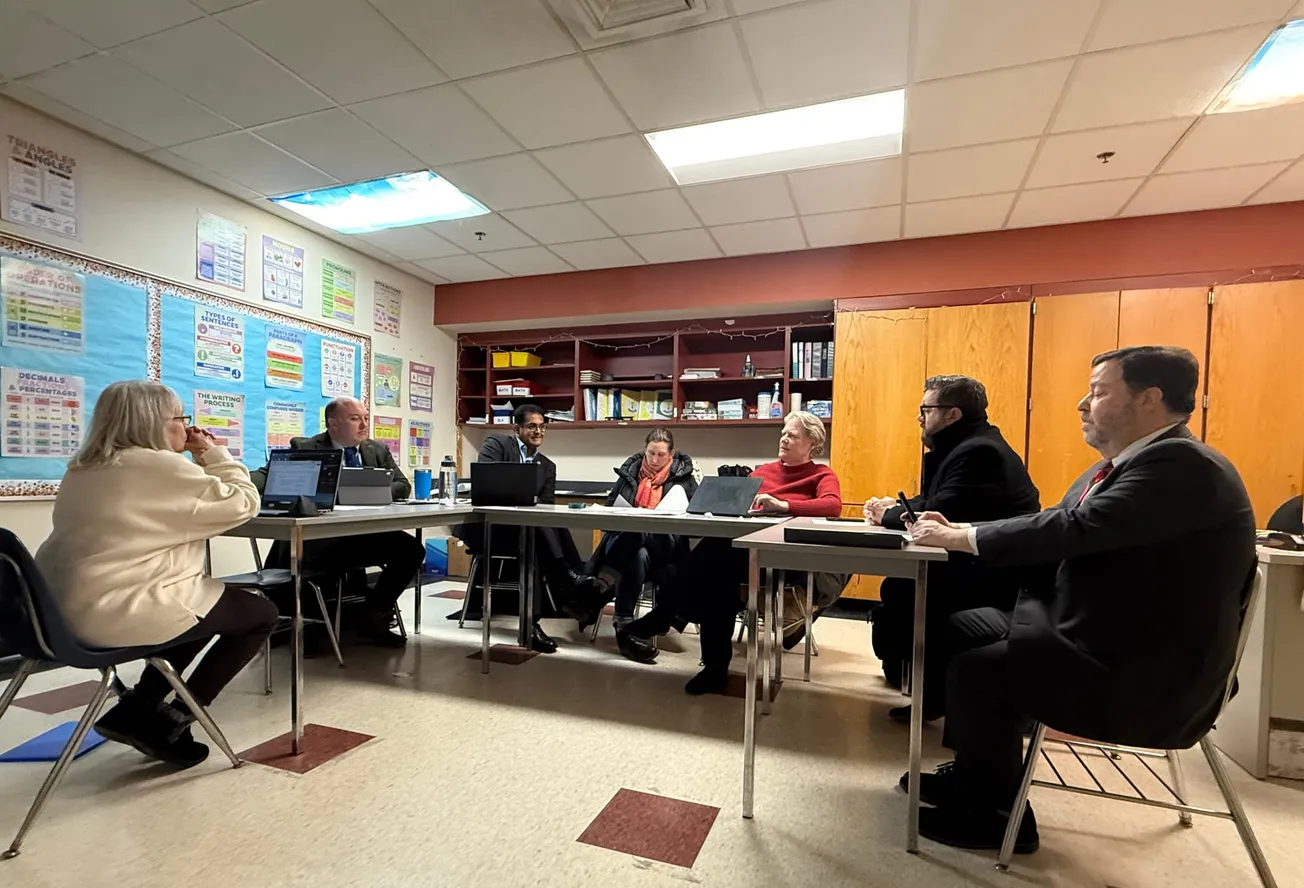Table of Contents
By Harrison Zeiberg, SCI AmeriCorps fellow serving at the Network for Social Justice
Reprinted courtesy of Stroll Winchester
Winchester, MA is a town of over 22,000 residents that, like its suburban neighbors of Lexington, Melrose and Stoneham, is in demographic transition. According to a recent update to the annual Hate Crime Statistics report released by the Federal Bureau of Investigation, there were 12,411 individuals who reported being the victim of a hate crime in 2021, a 12% increase from 2020. This is a phenomenon that has been observed across the country in rural, urban, and suburban communities alike.
While we have seen an increase in reported hate crimes, it is important to know that hate crimes are just one type of discriminatory behavior under the wider umbrella of bias-motivated incidents. A bias-motivated incident is defined as an incident motivated by prejudice based on race, gender and gender identity, religion, disability, sexual orientation, or ethnicity, have become increasingly more common in recent years. While hate crimes are the most brazen examples of a bias-motivated incident that often make national news and are followed by investigations from law enforcement and journalists, most bias-motivated incidents may not rise to the level of being labeled a crime, and accordingly there is often no established method for reporting such incidents.
Due to this underreporting there is no accurate understanding regarding the amount or nature of bias-motivated incidents in our communities. Without this understanding it can be easy for communities to believe, and act as if bias-motivated incidents do not occur in their town. This claim is not only inaccurate but also invalidates the experiences of people who have faced discrimination, harassment or exclusion.
Winchester has recently launched a Lived Experience Survey (LES), a project organized by the Network for Social Justice. The LES is designed to understand incidents of discriminatory, marginalizing, harassing, and exclusionary behavior experienced by anyone who lives, works, worships, studies or shops in town. The LES provides a form people can access on their own to tell their experiences, with the guarantee of anonymity. The hope is that the data collected through this survey will make it possible to identify patterns of discrimination that exist in the community, elucidating the experiences of the most marginalized residents in town - those whose experiences are least known and whose voices are rarely heard.
In order to develop this survey, the Network for Social Justice turned to the expertise of human rights groups and organizations in nearby suburban towns and ultimately chose to adapt a survey tool used by groups in Wayland, Needham, and Shrewsbury (among others). The LES uses similar questions to those found in surveys of these towns. Before being launched, the Winchester survey was extensively beta tested by community volunteers, and translated from English into the other most prevalent languages spoken in Winchester: Mandarin, Spanish, Portuguese, and Haitian Creole.
The ultimate goal of the LES initiative is to build an open source database of incidents of discrimination, marginalization and exclusion in order to enable any group in any sector of the community to develop their own strategies for advancing inclusion and equity. The survey also includes a question asking what could have been done to address the problem the individual faced, thus the strategies developed could include direct input from those most impacted. By gathering these first-hand accounts and making the anonymous data available for all, the organizers hope to shine a light on how Winchester as a community can do better in their reporting and understanding of bias-motivated incidents, and serve as a model for how similar communities can do the same.
The LES has received strong support from the town Select Board, Police Department, and a wide range of entities and nonprofits in Winchester. Moreover, as the survey is distributed, there will be more opportunities for individual residents, business owners and others to elevate the initiative within their circles. The underlying rationale is that a Lived Experience Survey is replicable. The more communities that are able to adopt such a survey, the more likely it is that we can achieve a more accurate comparative regional understanding of how discrimination and marginalization is impacting individuals in suburbs across the Commonwealth, an understanding that rests on data that has thus far proved elusive.
The LES was made possible thanks to funding from a State of Massachusetts Earmark Grant from the Executive Office of Health and Human Services.







